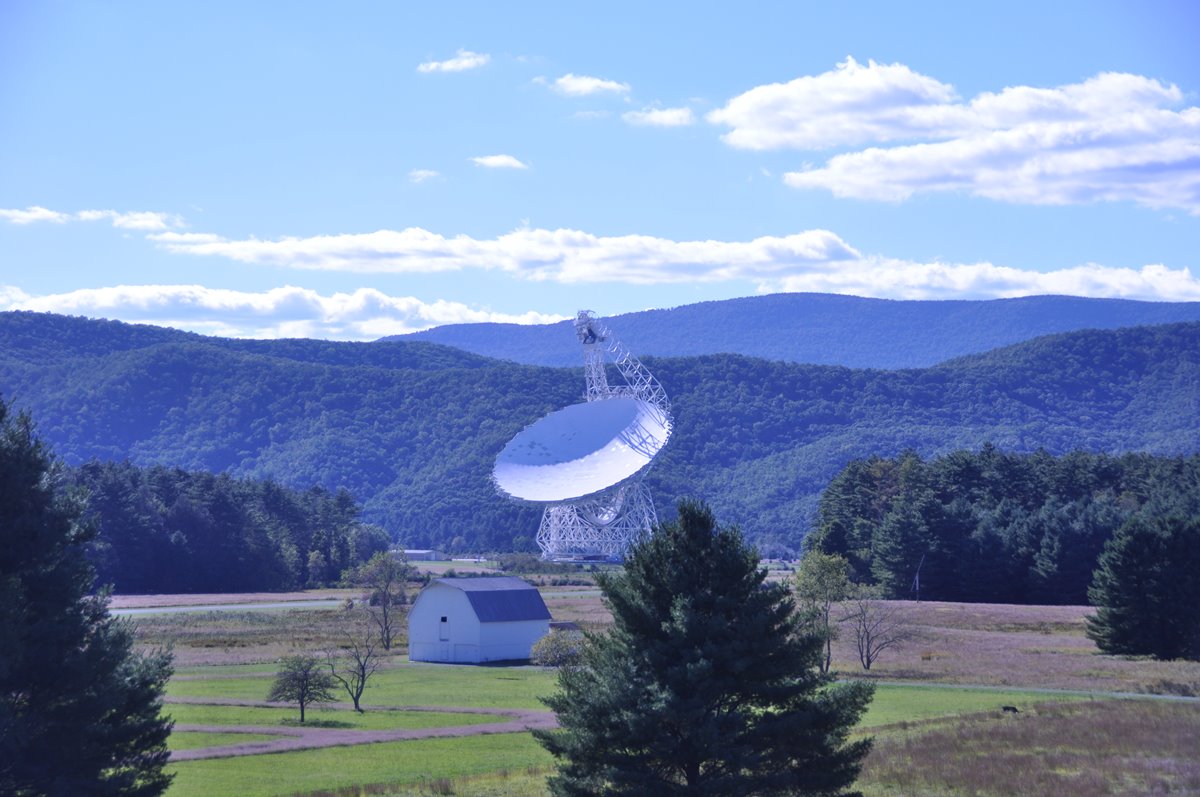House Hearing on the Impact of the COVID-19 Crisis on University Research
House Hearing on the Impact of the COVID-19 Crisis on University Research
Last week, the House Subcommittee on Research and Technology held a hearing to discuss the impact that COVID-19 has had on universities, students, and their ability to conduct research. In her opening statement, Subcommittee Chairwoman Haley Stevens touted universities and their research as critical drivers of the country’s innovation. As the COVID crisis has continued, universities trying to restart their research programs have been faced with the cost of purchasing personal protective equipment (PPE) and modifying their campuses to ensure that students, faculty, and staff can return safely.
Chairwomen Stevens highlighted two bipartisan bills that have been proposed to aid universities in their recovery. H.R.7308, the Research Investment to Spark the Economy (RISE) Act, was introduced to the House in late June. It authorizes $26 billion in emergency relief funding for science agencies to support full-cost extension of research grants. H.R.8044, the Supporting Early-Career Researchers Act, was introduced in the House on August 14. This bill would create a $250 million fellowship program at the National Science Foundation (NSF) with the hope of retaining recent PhD recipients in the STEM pipeline.
In their opening statements, other members of the committee expressed their support for these two bills and the value of university research programs. Ranking Member Jim Baird emphasized the importance of universities as performers of research that drive significant economic development in the United States. In addition, universities educate and train the STEM workforce of tomorrow, and their research has been crucial in detecting, defending against, and (eventually) defeating COVID. Ranking Member Frank Lucas also noted that universities have had to slow down or stop research that is “non-essential” to stopping COVID. This has resulted in significant losses: both of scientific knowledge and technology development that would have been gained from this work, and economic—he noted that in fiscal year 2018-2019, American universities used research funds to pay over 560,000 people in their research programs. The damage that is being done to the nation’s STEM pipeline because of COVID could slow scientific progress for years to come, warned Ranking Member Lucas.
After the conclusion of opening remarks, the following hearing witnesses were able to share their testimony:
Mr. Muzzio provided testimony about how the COVID pandemic has personally impacted him and his fellow PhD candidates. For several weeks while labs were closed, there was little productivity due to the lack of necessary scientific instruments. Mr. Muzzio’s lab was one of the first to be approved to open at Carnegie Mellon, but not without an abundance of caution: necessary use of PPE, a sign-in for all researchers, and social distancing. Although Mr. Muzzio is grateful to be back in the lab, he recognizes that it could be shut down again at any time. Aside from delaying his research, the pandemic has also cost him opportunities to network with fellow researchers at conferences and events. Mr. Muzzio highlighted the numerous roles that PhD students often play on campuses, including teaching classes, conducting research, and mentoring undergraduates. In many ways, Mr. Muzzio commented, PhD students are a “linchpin” in the entire university system. Without aid for these researchers, the U.S. risks losing a generation of talent and forever impeding the pace of innovation in the country.
Each of the witnesses emphasized their support for the RISE Act and the Supporting Early-Career Researchers Act. Dr. Walsh noted that this could not be coming at a more crucial time in people’s careers: students are finishing their PhDs and preparing to enter the workforce. Dr. Mayer commented that the pandemic has resulted in a hiring freeze for new faculty and that support of early career researchers is an essential part of the solution. The no-cost time extensions that have already been afforded by federal agencies have been critical in providing time for universities to recover. As the pandemic wages on, strong federal assistance will be vital to repair the damage done to American universities and research.
Please visit here to read each witnesses’ testimony and watch the hearing in full.
To hear about COVID-19’s impact on the manufacturing sector, watch our Town Hall with Rep. Haley Stevens.
Chairwomen Stevens highlighted two bipartisan bills that have been proposed to aid universities in their recovery. H.R.7308, the Research Investment to Spark the Economy (RISE) Act, was introduced to the House in late June. It authorizes $26 billion in emergency relief funding for science agencies to support full-cost extension of research grants. H.R.8044, the Supporting Early-Career Researchers Act, was introduced in the House on August 14. This bill would create a $250 million fellowship program at the National Science Foundation (NSF) with the hope of retaining recent PhD recipients in the STEM pipeline.
In their opening statements, other members of the committee expressed their support for these two bills and the value of university research programs. Ranking Member Jim Baird emphasized the importance of universities as performers of research that drive significant economic development in the United States. In addition, universities educate and train the STEM workforce of tomorrow, and their research has been crucial in detecting, defending against, and (eventually) defeating COVID. Ranking Member Frank Lucas also noted that universities have had to slow down or stop research that is “non-essential” to stopping COVID. This has resulted in significant losses: both of scientific knowledge and technology development that would have been gained from this work, and economic—he noted that in fiscal year 2018-2019, American universities used research funds to pay over 560,000 people in their research programs. The damage that is being done to the nation’s STEM pipeline because of COVID could slow scientific progress for years to come, warned Ranking Member Lucas.
After the conclusion of opening remarks, the following hearing witnesses were able to share their testimony:
- Dr. Joseph Walsh, Interim Vice President for Economic Development and Innovation, University of Illinois Systems
- Dr. David Stone, Vice President for Research, Oakland University
- Dr. Theresa Mayer, Executive Vice President for Research and Partnerships, Purdue University
- Mr. Ryan Muzzio, Physics PhD Student, Carnegie Mellon University
Mr. Muzzio provided testimony about how the COVID pandemic has personally impacted him and his fellow PhD candidates. For several weeks while labs were closed, there was little productivity due to the lack of necessary scientific instruments. Mr. Muzzio’s lab was one of the first to be approved to open at Carnegie Mellon, but not without an abundance of caution: necessary use of PPE, a sign-in for all researchers, and social distancing. Although Mr. Muzzio is grateful to be back in the lab, he recognizes that it could be shut down again at any time. Aside from delaying his research, the pandemic has also cost him opportunities to network with fellow researchers at conferences and events. Mr. Muzzio highlighted the numerous roles that PhD students often play on campuses, including teaching classes, conducting research, and mentoring undergraduates. In many ways, Mr. Muzzio commented, PhD students are a “linchpin” in the entire university system. Without aid for these researchers, the U.S. risks losing a generation of talent and forever impeding the pace of innovation in the country.
Each of the witnesses emphasized their support for the RISE Act and the Supporting Early-Career Researchers Act. Dr. Walsh noted that this could not be coming at a more crucial time in people’s careers: students are finishing their PhDs and preparing to enter the workforce. Dr. Mayer commented that the pandemic has resulted in a hiring freeze for new faculty and that support of early career researchers is an essential part of the solution. The no-cost time extensions that have already been afforded by federal agencies have been critical in providing time for universities to recover. As the pandemic wages on, strong federal assistance will be vital to repair the damage done to American universities and research.
Please visit here to read each witnesses’ testimony and watch the hearing in full.
To hear about COVID-19’s impact on the manufacturing sector, watch our Town Hall with Rep. Haley Stevens.



